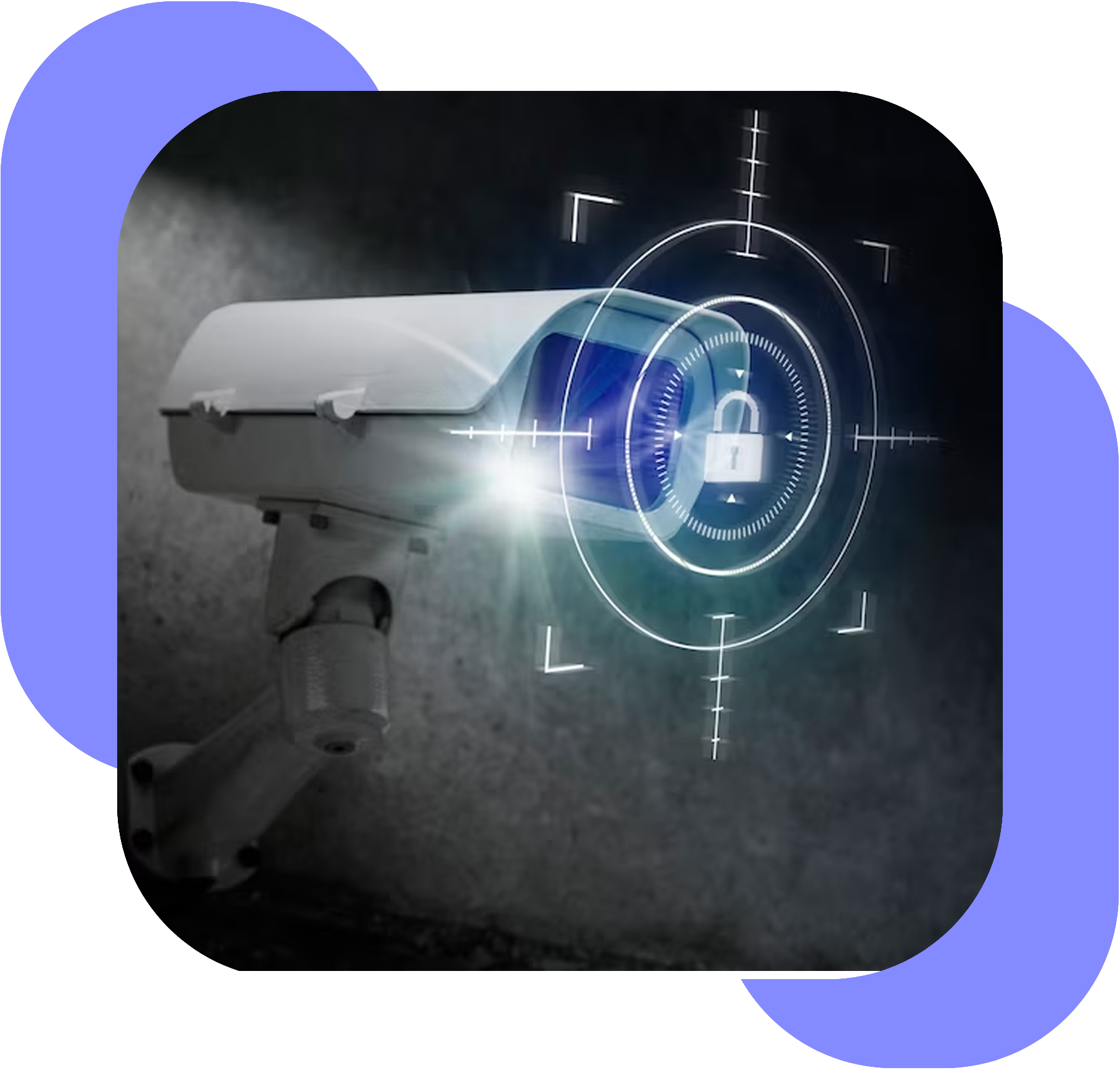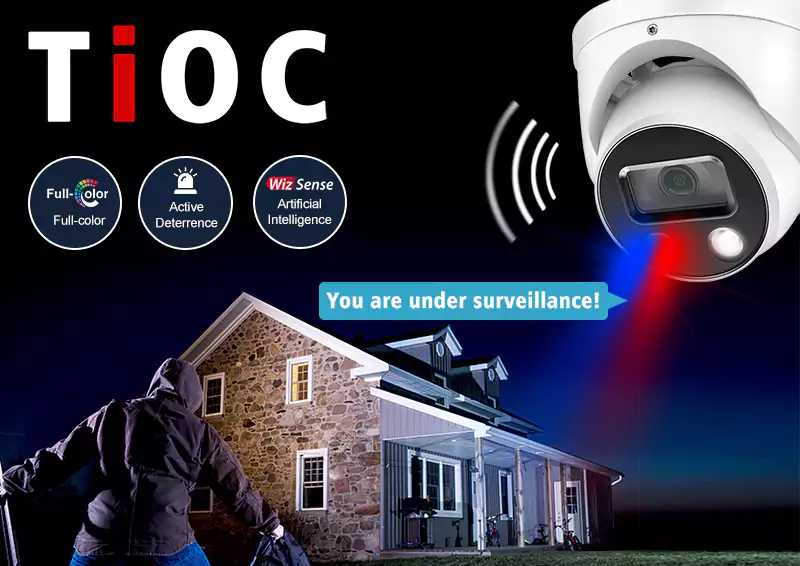In today's digital age, the term "CCTV video mom" has become increasingly relevant as parents seek innovative ways to ensure their children's safety and well-being. CCTV systems are no longer restricted to commercial or public spaces; they have found their way into households, enabling parents to monitor their children effectively. This growing trend has sparked debates about privacy, safety, and the ethical implications of parental surveillance. In this article, we delve into the world of CCTV video mom, exploring its benefits, challenges, and the importance of striking a balance between safety and autonomy.
The rise of technology has transformed parenting practices, introducing tools that were once unimaginable. CCTV cameras, once seen as a luxury, are now becoming a necessity for many families. Parents are leveraging these systems to keep a watchful eye on their children, whether they are at home, school, or daycare. This shift is driven by the desire to ensure the safety of loved ones in an unpredictable world.
However, the use of CCTV cameras by parents raises important questions about privacy, trust, and the psychological impact on children. As we explore this topic, we aim to provide a comprehensive understanding of the role of CCTV in modern parenting, supported by expert insights and reliable data.
Read also:Anthony Joshuas Relationship Journey Love Challenges And Triumphs
What is a CCTV Video Mom?
A CCTV video mom refers to a parent who uses closed-circuit television (CCTV) systems to monitor their children's activities. This practice is not limited to traditional security cameras; it also includes modern devices such as smart home cameras, baby monitors, and wearable technology. The primary goal of a CCTV video mom is to ensure the safety and well-being of their children while providing peace of mind for themselves.
While the term "CCTV video mom" is often associated with mothers, it is important to note that fathers and caregivers also participate in this practice. The increasing affordability and accessibility of CCTV technology have made it a popular choice for parents worldwide.
Benefits of Using CCTV for Parenting
Enhanced Safety and Security
One of the most significant advantages of using CCTV cameras in parenting is the enhanced safety and security they provide. By monitoring their children's surroundings, parents can quickly respond to potential threats or emergencies. For instance, a CCTV system can alert parents to unauthorized visitors, accidents, or suspicious behavior in and around the home.
- Real-time monitoring allows parents to act swiftly in case of emergencies.
- CCTV footage can serve as evidence in cases of theft, vandalism, or abuse.
- The presence of cameras can deter intruders and reduce the likelihood of criminal activity.
Peace of Mind for Parents
Parenting can be a stressful and overwhelming experience, especially for working parents or those with young children. CCTV cameras offer a sense of reassurance, allowing parents to check in on their children from anywhere in the world. This convenience is particularly beneficial for parents who rely on nannies, babysitters, or daycare centers for childcare.
Challenges and Concerns
Privacy Issues
One of the primary concerns surrounding the use of CCTV cameras in parenting is the issue of privacy. Children, especially older ones, may feel uncomfortable or resentful about being monitored constantly. This can lead to trust issues and affect the parent-child relationship. It is crucial for parents to communicate openly with their children about the reasons for using CCTV and establish clear boundaries.
Ethical Considerations
Parents must also consider the ethical implications of using CCTV cameras. Monitoring children without their knowledge or consent can raise questions about autonomy and personal freedom. It is essential to strike a balance between ensuring safety and respecting individual privacy rights.
Read also:Pregnancy Bump Progression The Ultimate Guide To Celebrating Every Milestone
Types of CCTV Cameras for Parenting
Traditional Security Cameras
Traditional security cameras are the most common type of CCTV system used by parents. These cameras are typically installed in fixed locations and provide a continuous video feed. They are ideal for monitoring entrances, hallways, and other high-traffic areas in the home.
Smart Home Cameras
Smart home cameras are a more advanced option for parents. These devices are connected to the internet and can be accessed via smartphones or tablets. They often come with features such as motion detection, night vision, and two-way audio communication, making them highly versatile for parenting purposes.
Baby Monitors with CCTV Functionality
Baby monitors equipped with CCTV capabilities are specifically designed for monitoring infants and toddlers. These devices offer features such as temperature monitoring, lullabies, and zoom functionality, providing parents with a comprehensive solution for infant care.
How to Choose the Right CCTV System for Your Family
Selecting the right CCTV system for your family involves considering several factors, including budget, features, and installation requirements. Below are some tips to help you make an informed decision:
- Assess your specific needs and choose a system that addresses those requirements.
- Look for systems with advanced features such as motion detection, night vision, and mobile compatibility.
- Consider the ease of installation and maintenance when selecting a CCTV system.
- Read reviews and consult experts to ensure you are purchasing a reliable and high-quality product.
Legal and Ethical Guidelines for CCTV Use
Understanding Privacy Laws
Before installing a CCTV system in your home, it is essential to familiarize yourself with local privacy laws and regulations. In many jurisdictions, there are specific rules regarding the use of surveillance equipment in private spaces. Failure to comply with these laws can result in legal consequences, so it is crucial to seek legal advice if necessary.
Establishing Clear Policies
To avoid misunderstandings and potential conflicts, parents should establish clear policies regarding the use of CCTV cameras in their homes. This includes informing all family members and caregivers about the presence of cameras and the reasons for their use. Transparent communication can help build trust and ensure everyone feels comfortable with the arrangement.
Data and Statistics on Parental Surveillance
According to a survey conducted by the National Parenting Association, 78% of parents use some form of surveillance technology to monitor their children. Of these, 56% use CCTV cameras specifically, while the remaining percentage relies on other tools such as GPS trackers and mobile apps. These statistics highlight the growing trend of parental surveillance and its increasing acceptance in modern society.
Research published in the Journal of Child Psychology suggests that parental monitoring can have positive effects on child behavior and development. However, the study also emphasizes the importance of maintaining a healthy balance between supervision and autonomy.
Best Practices for CCTV Video Moms
Setting Boundaries
To ensure the effective and ethical use of CCTV systems, parents should set clear boundaries regarding their monitoring practices. This includes deciding which areas of the home will be monitored, how often footage will be reviewed, and who will have access to the recordings.
Communicating with Children
Open communication is key to maintaining a positive relationship with your children while using CCTV cameras. Parents should explain the reasons for monitoring and address any concerns or questions their children may have. Encouraging dialogue can help children feel more comfortable with the arrangement and reduce feelings of mistrust.
Future Trends in Parental Surveillance
As technology continues to evolve, we can expect to see advancements in parental surveillance tools. Innovations such as artificial intelligence, facial recognition, and predictive analytics may soon become integral components of CCTV systems. These developments have the potential to enhance safety and convenience but also raise new ethical and privacy concerns that parents must navigate.
Conclusion
In conclusion, the role of CCTV video moms in modern parenting is both significant and complex. While these systems offer numerous benefits, including enhanced safety and peace of mind, they also pose challenges related to privacy and ethics. By understanding the advantages and limitations of CCTV technology and implementing best practices, parents can strike a balance between ensuring their children's safety and respecting their autonomy.
We invite you to share your thoughts and experiences with CCTV video mom practices in the comments section below. Additionally, feel free to explore other articles on our website for more insights into parenting and technology. Together, we can create a safer and more informed community for parents and children alike.
Table of Contents
- What is a CCTV Video Mom?
- Benefits of Using CCTV for Parenting
- Enhanced Safety and Security
- Peace of Mind for Parents
- Challenges and Concerns
- Privacy Issues
- Ethical Considerations
- Types of CCTV Cameras for Parenting
- Traditional Security Cameras
- Smart Home Cameras
- Baby Monitors with CCTV Functionality
- How to Choose the Right CCTV System for Your Family
- Legal and Ethical Guidelines for CCTV Use
- Understanding Privacy Laws
- Establishing Clear Policies
- Data and Statistics on Parental Surveillance
- Best Practices for CCTV Video Moms
- Setting Boundaries
- Communicating with Children
- Future Trends in Parental Surveillance


